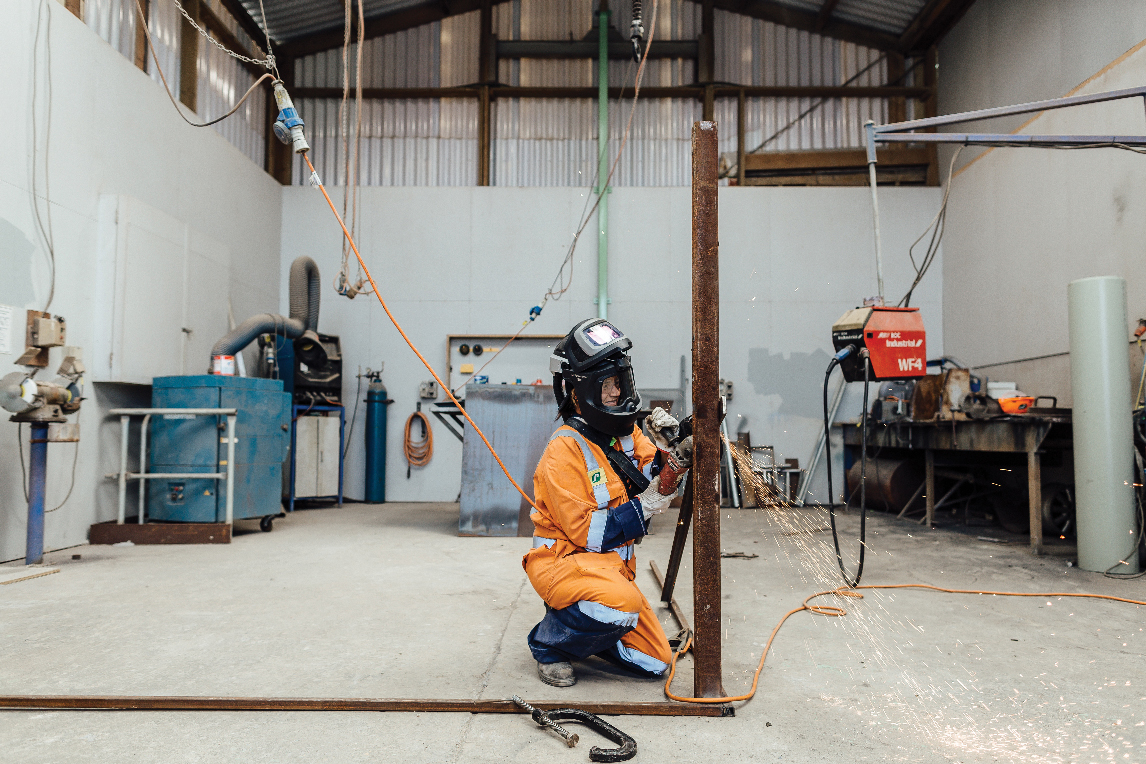Competenz can provide training plans, support and qualifications – tailored to your businesses specific needs.
How we work with you
We work with industry experts to develop nationally recognised qualifications, mapping the skills needed and registering them with the New Zealand Qualifications Authority (NZQA). Our team develop training plans to make it easy for you to grow your employee’s skills and productivity.
Once your learner/s are signed into a training plan, you will be assigned a Competenz account manager who will:
- Visit your business and your apprentices regularly throughout the year
- Structure training into manageable chunks of learning
- Set deadlines with apprentices to complete assessments (in full consultation with employers)
- Co-ordinate access to online learning and arrange block courses
- Assist apprentices to successfully complete their training programme.
As an employer, you need to become familiar with your apprentice’s training programme and targets, and provide them with plenty of opportunities to develop and practise the required skills.
Industry connections
We partner with industry associations such as the Maintenance Engineering Society to help recruit and build talented employees. This includes promoting careers, identifying potential learners and encouraging work placements.
We also support industry events like conferences, competitions and graduations, and regularly celebrate your learners’ success.




